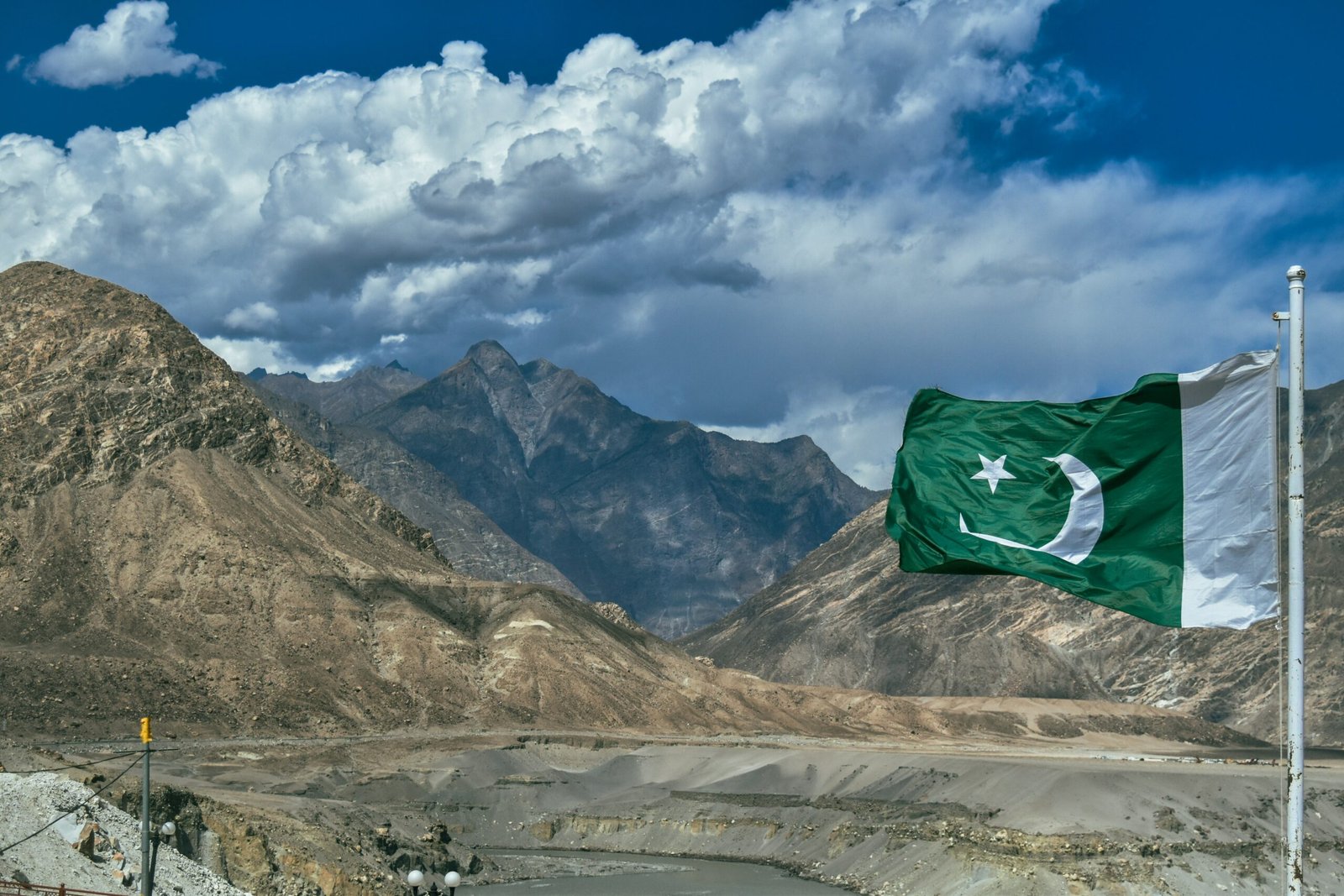The Economic Issues of Pakistan
Pakistan, a country located in South Asia, faces a range of economic challenges that have a significant impact on its development and prosperity. These issues have hindered the country’s progress and have been a cause of concern for policymakers and citizens alike. In this blog post, we will explore some of the key economic issues facing Pakistan and discuss potential solutions.
1. High levels of poverty and inequality
Pakistan has a high poverty rate, with a significant proportion of the population living below the poverty line. This inequality is exacerbated by a lack of access to basic services such as education, healthcare, and clean water. The government needs to prioritize poverty alleviation programs and invest in social infrastructure to address this issue. By providing quality education and healthcare to all citizens, Pakistan can create a more equitable society and reduce poverty levels.
2. Unemployment and underemployment
The high unemployment rate in Pakistan is a pressing issue that needs to be tackled. The lack of job opportunities, particularly for young people, has contributed to social unrest and economic instability. To address this issue, the government should focus on promoting entrepreneurship and creating an enabling environment for businesses to thrive. This can be achieved through the provision of financial incentives, access to credit, and the simplification of bureaucratic procedures. Additionally, investing in vocational training programs can equip individuals with the necessary skills to find employment or start their own businesses.
3. Energy crisis
Pakistan has been grappling with a severe energy crisis for many years. Frequent power outages and load shedding have had a detrimental impact on businesses and the overall economy. To overcome this challenge, the government needs to invest in alternative energy sources such as solar and wind power. By diversifying the energy mix, Pakistan can reduce its reliance on fossil fuels and ensure a more stable and sustainable energy supply. Furthermore, improving energy infrastructure and reducing transmission and distribution losses can help address this issue.
4. Corruption and lack of transparency
Corruption is a pervasive issue in Pakistan and has hindered the country’s economic development. It undermines public trust, discourages foreign investment, and diverts resources away from essential services. To combat corruption, the government should strengthen anti-corruption institutions and enforce stricter penalties for those involved in corrupt practices. Additionally, promoting transparency and accountability in government processes and decision-making can help restore public trust and attract investment.
5. Inadequate infrastructure
Pakistan’s inadequate infrastructure, including roads, ports, and telecommunications, poses a significant challenge to economic growth. Insufficient investment in infrastructure has hampered trade, hindered connectivity, and limited the country’s ability to attract foreign investment. To address this issue, the government should prioritize infrastructure development projects and seek partnerships with international organizations and investors. By improving infrastructure, Pakistan can enhance its competitiveness and create a more conducive environment for business and trade.
Conclusion
The economic issues facing Pakistan are complex and require concerted efforts from the government, private sector, and civil society to address them. By prioritizing poverty alleviation, promoting entrepreneurship, investing in alternative energy sources, combating corruption, and improving infrastructure, Pakistan can overcome these challenges and pave the way for sustainable economic growth and development.
Share this content:
